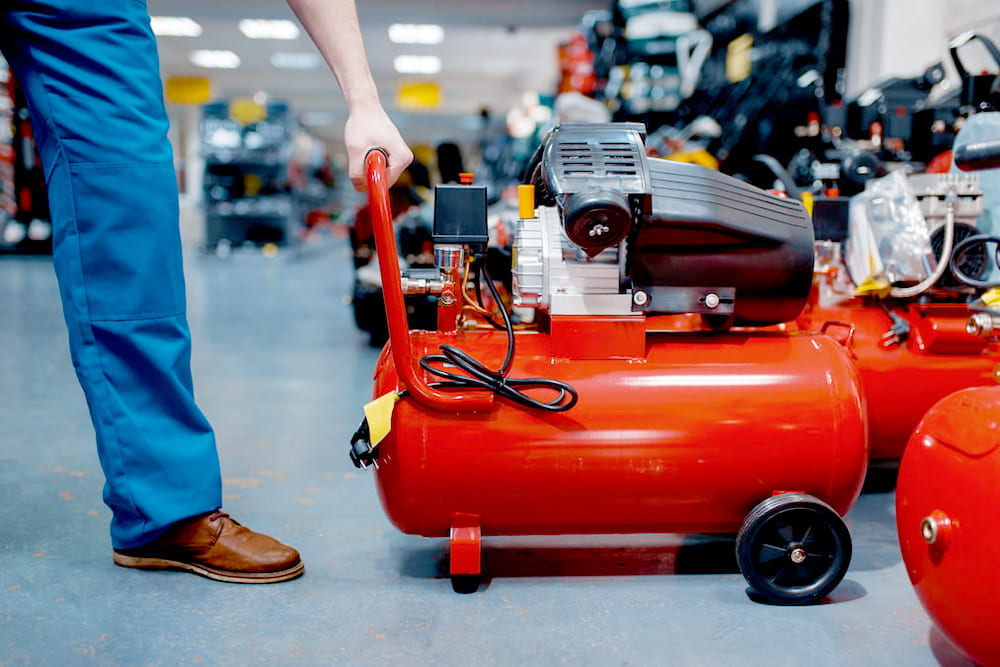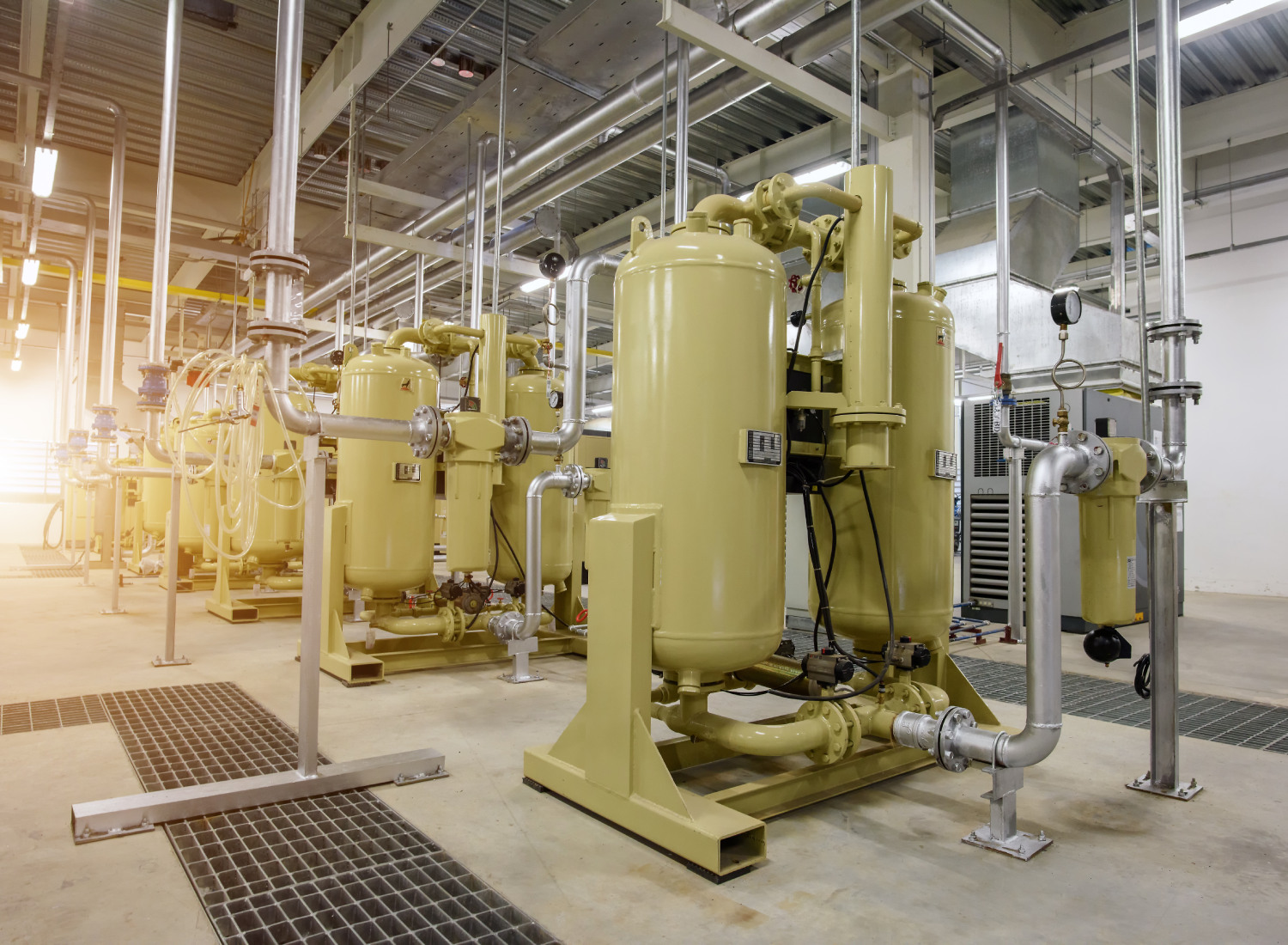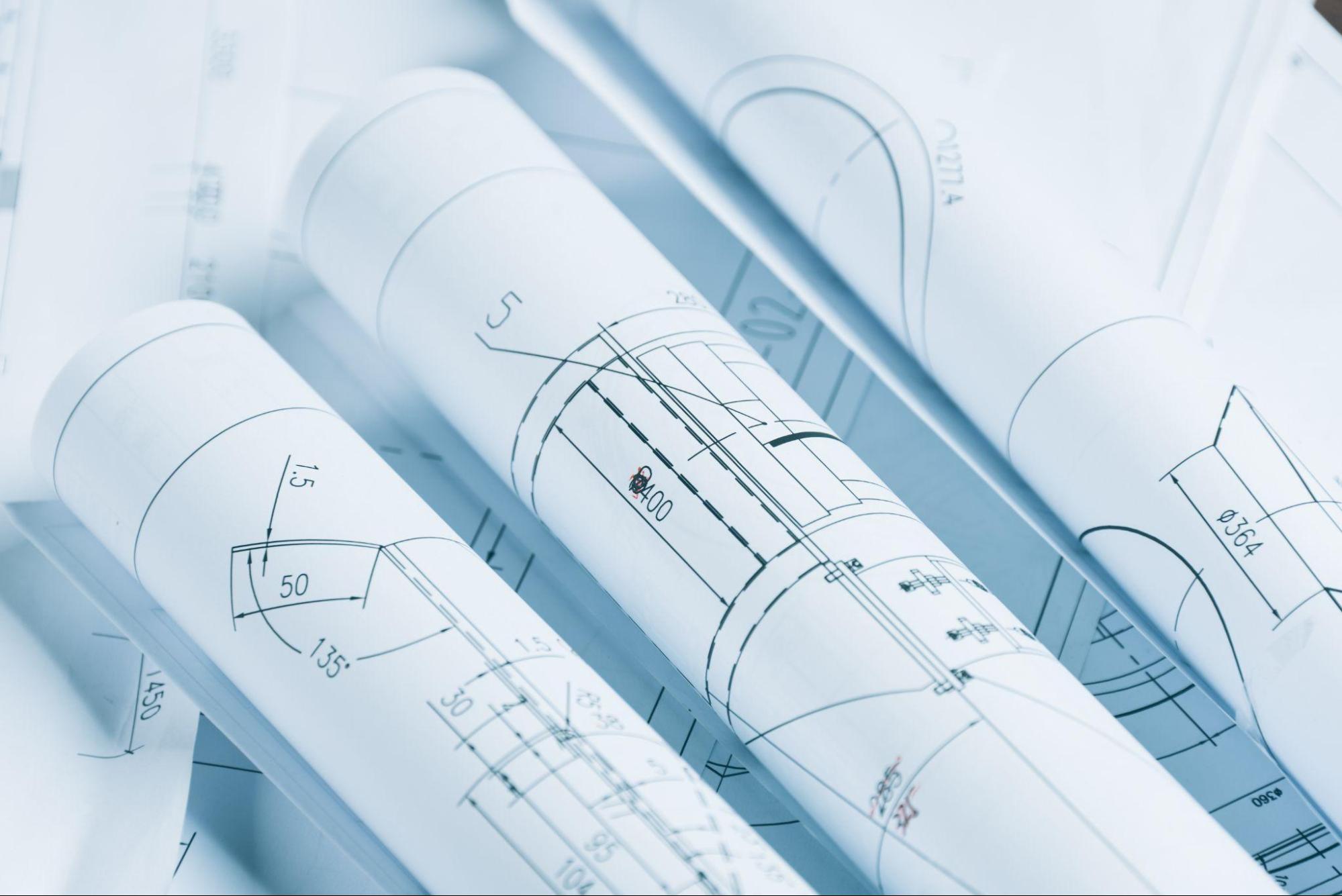Compressed air is a vital utility in countless industrial applications. Its main purpose is to power a wide range of industrial machinery, from pneumatic tools to complex automation systems. At the heart of these pneumatic operations lies the air compressor system, a key component that converts power into compressed air. This compressed air then drives various tools, processes, and machinery, making air compressor systems indispensable across numerous industries due to their versatility, efficiency, and adaptability.
In particular, industrial air compressor systems designed for pneumatic air applications streamline production processes and enhance precision and efficiency in material handling.
What is the Working Principle of an Air Compressor System?
An air compressor system comprises several essential components that work together to produce, store, and regulate compressed air:
- Compressor Unit: Considered the heart of the system, it pressurises the air by reducing its volume, making it suitable for powering pneumatic tools.
- Air Compressor Tank: This tank stores compressed air, ensuring a steady supply for consistent operation and helping maintain pressure even during high demand.
- Motor or Engine: It is the power source that drives the compressor unit, typically powered by electricity, diesel, or gasoline.
- Filters and Dryers: These remove impurities and moisture from the compressed air, which is crucial in industries like food manufacturing where air purity is a priority.
- Control Systems: Automated controls help manage airflow, pressure, and power usage, allowing the system to operate efficiently and sustainably.
What Are the Main Types of Air Compressors?
Choosing the right type of air compressor is essential for optimal performance and efficiency. These are some of the most common types found in industrial settings:
1. Rotary Screw Compressors
Rotary screw compressors are highly reliable and efficient, making them ideal for continuous operation in high-demand environments. They use two interlocking helical rotors to compress air within a closed chamber. However, this type of air compressor typically requires coolant and lubrication for optimal function.
2. Reciprocating/Piston Compressors
Reciprocating or piston compressors are a type of positive displacement processor that relies on a piston inside of a cylinder to operate. As the compressor operates, the piston moves down and fills the top of the cylinder. Air compression then occurs as the cylinder moves upward. This type of air compressor can be ideal for mechanics, construction, and DIY work.
3. Oil-Free Scroll Compressors
Oil-free scroll compressors are specifically designed for industries where air purity is paramount, such as food and beverage or pharmaceutical manufacturing. Instead of using oil, these compressors employ spiral elements to compress air, reducing contamination risks and maintaining high hygiene standards. Their quiet operation and minimal maintenance make them a popular choice for cleanroom environments.
What to Look for in an Air Compressor
When investing in an air compressor for your pneumatic system, businesses should consider several factors to ensure they get the best fit for both current and future needs.
Understanding Your Needs
When selecting the right air compressor for your business, you should assess your compressed air requirements. If your facility operates multiple pneumatic tools or needs a continuous air supply, you will benefit from high-capacity options, such as rotary screw air compressors. Smaller operations, on the other hand, may be well-served by compact, lower-capacity models like piston compressors.
It’s also wise to anticipate future growth. Factoring in potential increases in production or planned expansions helps businesses avoid costly upgrades or replacements down the line.
Reliable and Efficient Products
Industrial environments demand reliable equipment that can withstand heavy use. As such, look for air compressors that deliver consistent, high-quality compressed air, as well as components that are designed for durability and easy maintenance. Reliable compressors reduce downtime and maintenance costs, contributing to overall productivity.
Sustainability Focus
Today, businesses are increasingly prioritising sustainability, both to meet regulatory standards and to fulfil corporate social responsibility (CSR) goals. Energy-efficient and eco-friendly air compressor systems help manufacturing businesses minimise their carbon footprint while saving energy costs.
Do You Need Help Finding the Right Air Compressor for Your Pneumatic System?
If you’re unsure which type of air compressor best suits your needs, consulting with experts like those at Pneu Powder Systems can be invaluable. Our team specialises in designing and implementing pneumatic systems that are tailored to the specific requirements of industries like manufacturing and food processing. By assessing your current operational demands and considering your anticipated growth, we help you find a compressor solution that is both scalable and suited to your unique applications.
With our extensive expertise in pneumatic powder conveying systems and food manufacturing solutions, we can provide you with guidance on selecting efficient, reliable compressors that enhance productivity while reducing energy consumption. Whether you need assistance with pneumatic system design, installation, or ongoing maintenance, our team ensures you have a solution that not only meets regulatory standards but also optimises performance and sustainability.
For more industrial insights, check out the pros and cons of pneumatic conveying equipment.





